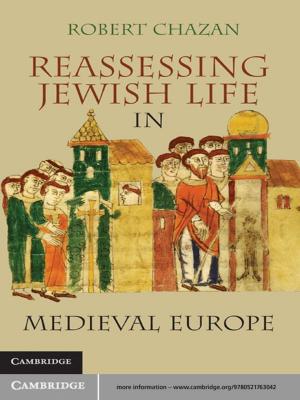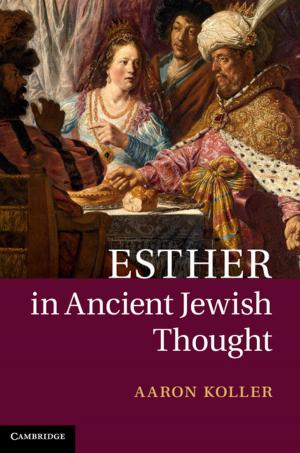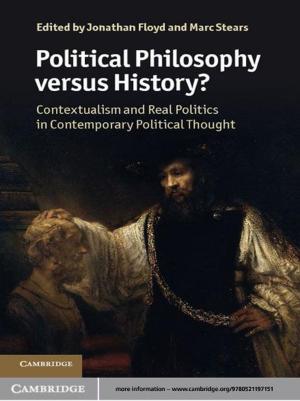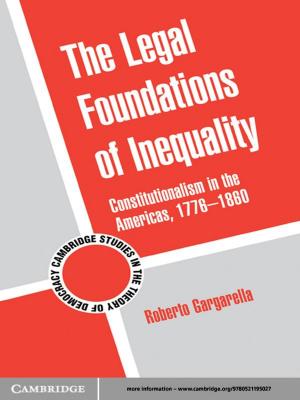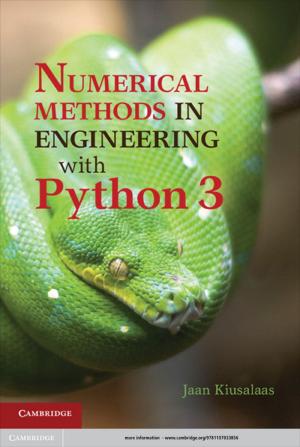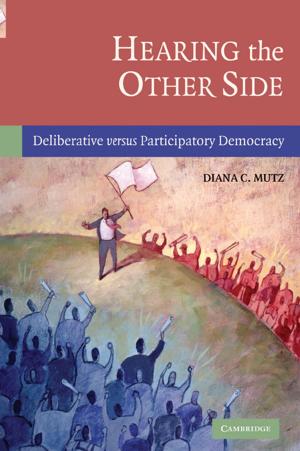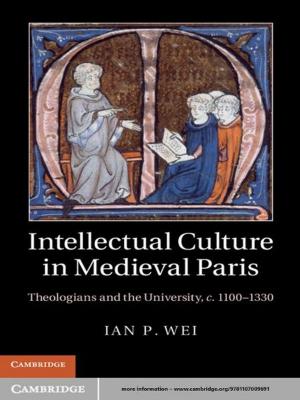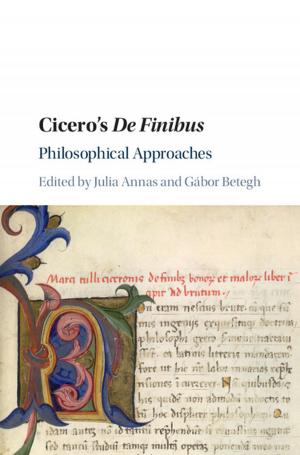Narrating the Crusades
Loss and Recovery in Medieval and Early Modern English Literature
Fiction & Literature, Literary Theory & Criticism, British, Nonfiction, History| Author: | Lee Manion | ISBN: | 9781139905497 |
| Publisher: | Cambridge University Press | Publication: | April 24, 2014 |
| Imprint: | Cambridge University Press | Language: | English |
| Author: | Lee Manion |
| ISBN: | 9781139905497 |
| Publisher: | Cambridge University Press |
| Publication: | April 24, 2014 |
| Imprint: | Cambridge University Press |
| Language: | English |
In Narrating the Crusades, Lee Manion examines crusading's narrative-generating power as it is reflected in English literature from c.1300 to 1604. By synthesizing key features of crusade discourse into one paradigm, this book identifies and analyzes the kinds of stories crusading produced in England, uncovering new evidence for literary and historical research as well as genre studies. Surveying medieval romances including Richard Cœur de Lion, Sir Isumbras, Octavian, and The Sowdone of Babylone alongside historical practices, chronicles, and treatises, this study shows how different forms of crusading literature address cultural concerns about collective and private action. These insights extend to early modern writing, including Spenser's Faerie Queene, Marlowe's Tamburlaine, and Shakespeare's Othello, providing a richer understanding of how crusading's narrative shaped the beginning of the modern era. This first full-length examination of English crusading literature will be an essential resource for the study of crusading in literary and historical contexts.
In Narrating the Crusades, Lee Manion examines crusading's narrative-generating power as it is reflected in English literature from c.1300 to 1604. By synthesizing key features of crusade discourse into one paradigm, this book identifies and analyzes the kinds of stories crusading produced in England, uncovering new evidence for literary and historical research as well as genre studies. Surveying medieval romances including Richard Cœur de Lion, Sir Isumbras, Octavian, and The Sowdone of Babylone alongside historical practices, chronicles, and treatises, this study shows how different forms of crusading literature address cultural concerns about collective and private action. These insights extend to early modern writing, including Spenser's Faerie Queene, Marlowe's Tamburlaine, and Shakespeare's Othello, providing a richer understanding of how crusading's narrative shaped the beginning of the modern era. This first full-length examination of English crusading literature will be an essential resource for the study of crusading in literary and historical contexts.


